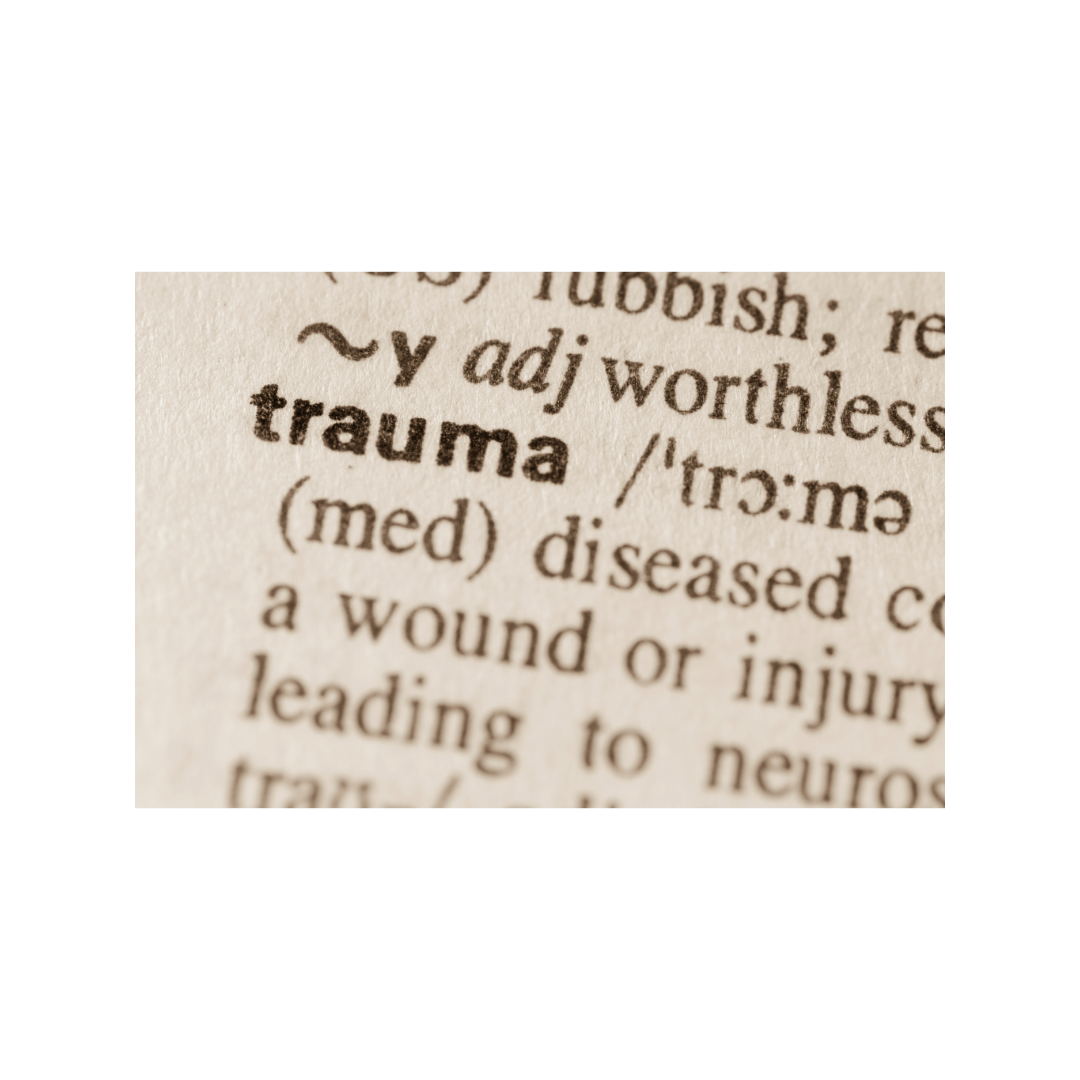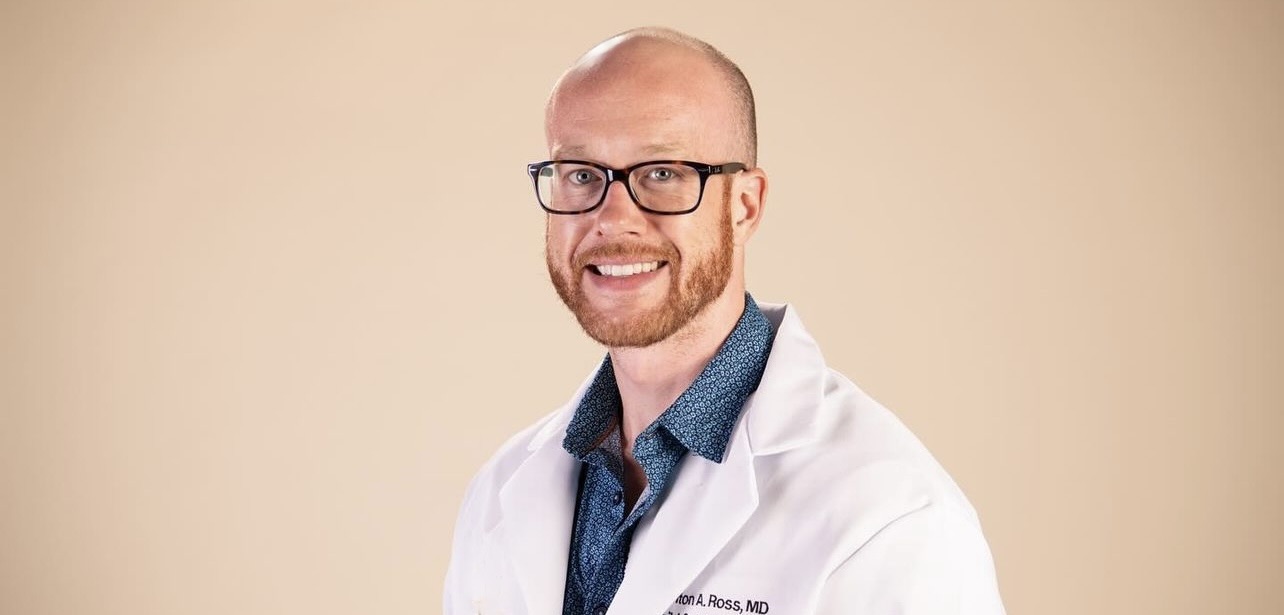“The most beautiful soul you will ever find is one who has experienced loss but chooses to love, one who has experienced tragedy but continues to have faith, and one who has experienced failure but continues to pursue their dreams.” – Dane Thomas
Life is a journey filled with both triumphs and tribulations. While we celebrate our successes, it’s equally important to acknowledge the impact of challenging experiences on our mental and emotional well-being. Trauma, in its various forms, can leave lasting imprints on our lives, shaping our behaviors, relationships, and overall sense of self.
This article delves into the profound impact of trauma and adverse experiences, exploring how they mold our emotional world and influence our interactions with ourselves and others. By understanding the neuroscience of trauma and embracing a compassionate approach to healing, we can transform those difficult experiences into catalysts for growth and resilience.
The Paradigm Shift in Understanding Trauma
For decades, the prevailing question in mental health was, “What’s wrong with you?” This approach placed blame on the individual, often overlooking the underlying causes of their struggles. However, a paradigm shift has emerged, championed by experts like Dr. Bruce Perry, author of “What Happened to You?” This new perspective emphasizes understanding the root causes of behavior, shifting the question to “What happened to you?”
This shift recognizes that adverse events, including trauma, significantly shape our emotional development and responses. Memories of negative events, triggers, attachment styles, and our perception of those experiences all contribute to our “emotional blueprint” and influence how we navigate relationships and life’s challenges.
Exploring Your Emotional Blueprint
To better understand the impact of trauma on your life, consider reflecting on the following questions:
- Family Dynamics: How did your family express emotions like anger, sadness, fear, affection, and pride during your childhood?
- Emotional Challenges: Did your family cope with emotional problems, such as parental conflict, depression, or emotional wounds? How might these experiences affect your close relationships today?
- Personal Philosophy: What are your beliefs about expressing emotions like sadness, anger, fear, pride, and love?
- Difficult Experiences: What challenging events or periods have you gone through? This could include psychological hurts, losses, disappointments, stress, despair, loneliness, or even deeper traumas like abuse or neglect.
- Resilience and Growth: How have you survived these challenges? What lasting effects have they had on you? How have you transformed those experiences into sources of strength and resilience?
The Path to Healing and Growth
By exploring these questions, we can gain valuable insights into our emotional blueprint and begin to understand how past experiences might be influencing our present lives. This self-awareness is crucial for healing and growth, allowing us to challenge negative thought patterns, develop healthier coping mechanisms, and build stronger relationships.
Remember, seeking support is not a sign of weakness but a testament to your strength and resilience. Therapists, support groups, and trusted loved ones can provide a safe space to process emotions, develop coping strategies, and navigate the path toward healing.
Local Resources for Trauma Survivors in Lake Charles, Louisiana
If you or someone you know is struggling with the effects of trauma, please know that you are not alone. There are resources available in the Lake Charles community to provide support and guidance on your healing journey.
- Family & Youth Counseling Agency: This agency offers individual and group therapy, as well as support groups specifically for trauma survivors. They also have a 24-hour crisis hotline.
- Address: 220 Louie St, Lake Charles, LA 70601
- Phone: (337) 436-9533
- Website: https://fyca.org/
- Oasis A Safe Haven: This organization provides comprehensive services for survivors of domestic and sexual violence, including emergency shelter, crisis intervention, counseling, and advocacy.
- Address: (Confidential location)
- Hotline: 1-800-570-7273
- Website: https://oasisasafehaven.org/
- Catholic Charities of Southwest Louisiana: Catholic Charities offers counseling, support groups, and assistance with basic needs for individuals and families affected by trauma or other challenges.
- Address: 1201 E McNeese St, Lake Charles, LA 70607
- Phone: (337) 439-7436
- Website: https://www.catholiccharitiesswla.com/
- Memorial Behavioral Health: This hospital provides inpatient and outpatient mental health services, including specialized programs for trauma and PTSD.
- Address: 4300 Nelson Rd, Lake Charles, LA 70605
- Phone: (337) 494-2900
- Website: https://www.lcmh.com/medical-services/behavioral-health/
- Longleaf Hospital: This facility offers inpatient and outpatient mental health treatment, including an intensive outpatient program (IOP) for adults with PTSD and other mental health concerns.
- Address: 2501 Country Club Rd, Lake Charles, LA 70605
- Phone: (337) 474-5800
- Website: https://www.longleafhospital.com/
Hashtags: #MentalHealth #Trauma #Healing #Resilience #SelfDiscovery #EmotionalWellbeing #Therapy #Support #GrowthMindset #YouAreNotAlone





